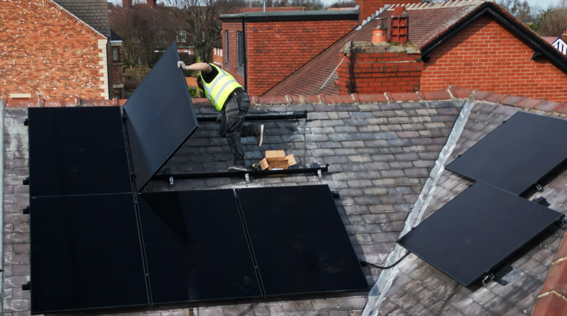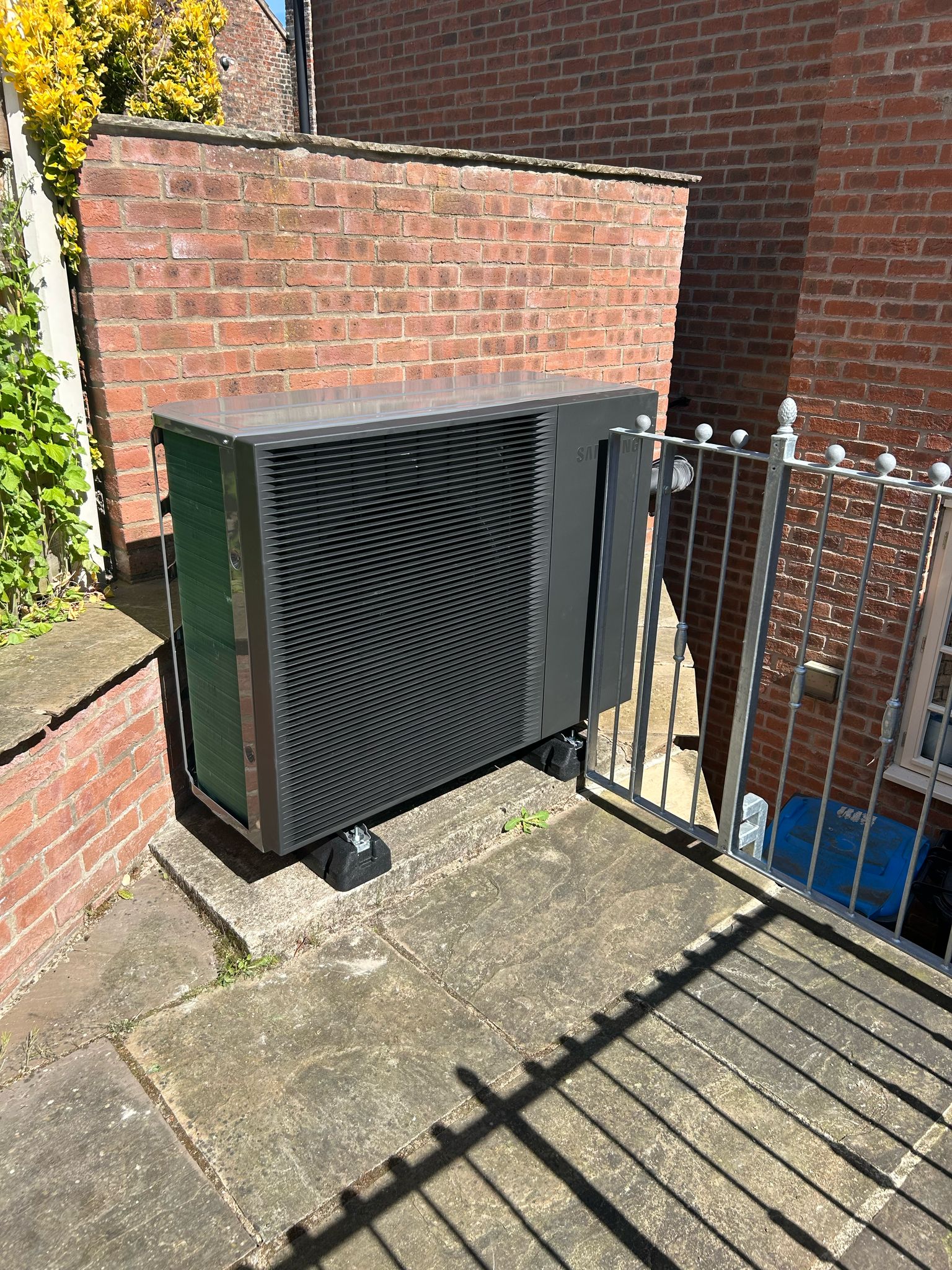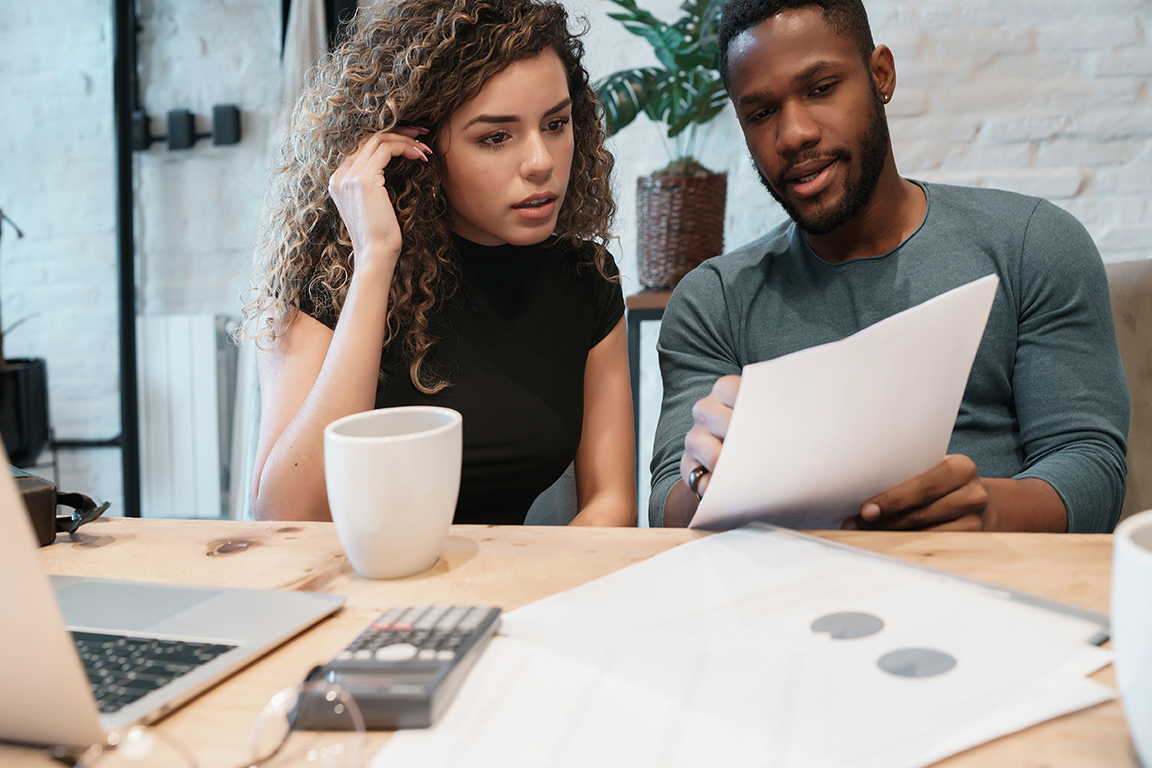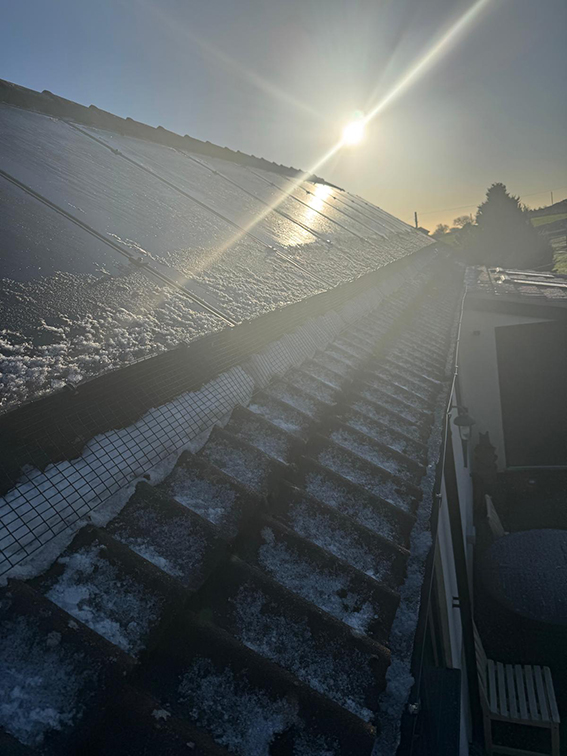
Why Go Solar?
‘Why wouldn’t you?’ would be our response.
Obviously, that’s a little glib as there are a few barriers to making the switch to solar, not least of which is the initial cost.
In this blog we hope to make the case that the initial outlay is more than worth it and may even earn you a few quid.
Solar Energy Is Cheap as Chips
Addressing the cost head on, the price of solar panels as decreased by at least 80% between 2010 and now.
While this is due, in part, to the technology progressing and the materials needed for construction becoming more available, the trend is more likely due to supply and demand.
The more people using solar, the most products the manufacturers will produce, the more they produce, the cheaper they’ll be.
Inverters, which are basically the heart and brain of any solar system, have been dropping in price for very similar reason since 2013 – although this has now leveled out and inverters are not getting any cheaper.
Don’t worry though, the reason for the prices not dropping is inverters are getting better and better at doing their job.
Battery storage prices, however, are pretty erratic!
This, again, is down to new technology, different designs and what materials are being used to store your energy.
There does seem to be a downward tern per kWH, but the units themselves are able to store more so the prices are higher.
Save You Money with Solar
We know this sounds like hyperbole and sales patter, but they really do.
We love to moan about the weather here in the U< and that’s one of the reasons that people think solar is a waste of time.
But the truth is, the British climate is just about perfect so solar power – not too cold, not too hot.
Even if we are having a bad spell of weather with low temperatures and not much bright sunshine, a solar panel will still generate electricity and for ever kWh they generate you save money.
That’s really looking at things pessimistically though, at the average domestic solar energy system in the UK will produce 3 times more energy than a house needs during the summer.
Winter is obviously a lot less productive, but even in the depths of January panels will still produce a good amount of electricity during the day – you’d definitely need solar battery storage and a bit of energy management to take full advantage of that energy.
Make Money with Solar
Yes, energy companies are willing, in fact mandated, to buy any excess energy you generate.
The industry was nearly over before it started because of the early version of the ‘buy back scheme’
Called FiT, or Feed in Tariff, energy companies were forced to pay you for all the electricity you generated- and at a pretty hefty cost too.
That wasn’t sustainable and the government soon started to lower the p[rice the energy companies had top pay – to the point it became almost pointless to even sell the energy.
So, FiTs were discontinued in 2019 to be replaced with SEGs – or Smart Export Guarantee.
It is a legal obligation for energy suppliers to offer buy-back, but some of them will offer as little as 1p per kWh.
Companies like Octopus, however, will pay you fairly for your green energy as they really do want it.
A Domestic Solar System Enhances Energy Independence
The last decade has been something of a challenge when it comes to fuel prices affecting the cost of your energy.
Global conflict, crashing markets and the availability of natural resources all conspire to keep any energy market a bit on the volatile side – and that will never change.
We can hold local and national government responsible for some of the instability, but the problems tend to be outside the UK and we are powerless to change them.
What we aren’t powerless against is insulating ourselves from those rising, or fluctuating, costs of energy.
Domestic solar is a fantastic way of taking back a little control of your energy provision and making you a little more independent.
Solar Systems Look After Themselves
Solar panels are very simply made, have no moving parts and, as a consequence, last for decade with little or no maintenance.
The only thing that affects them is the slow degradation of the materials they are made from – particularly the silicon with the PV cells.
As the silicon degrades it becomes less ‘efficient’ and generates less electricity.
Once the silicon has dropped to 80% of it’s original efficiency it’s considered ‘done’ in terms of being in a solar energy system – luckily this takes about 25 to 30 years.
They’ll still produce electricity for another few decades just not enough to give you what you are used to.
Panel recycling is available, but is quite hard to find right now but, as more panels are produced, more companies will pop up to make money from recycling them.
Solar Panels aren’t the only part of your system, of course.
The inverter is the part of the system that not only converts the DC energy from your panels into AC power your home can use, it’s also the part of the system that controls where your power goes, and where it comes from.
It's basically a transformer with a computer, so it’ll last around 10 – 15 years before it needs replacing if kept in cool, dry conditions.
Batteries can only be charged and discharge so many times before they start to become unreliable.
Check the Datasheet for the amount of ‘cycles’ a battery will do – the average is 6000, which equates to around 10 years of daily use.
The UK Needs You to Go Solar!
Well, the energy industry does.
5% of the UK’s energy was powered by solar last year – that’s a combination commercial, domestic and utility solar.
A utility company that advertises as a ‘green’ energy provider will be gagging for all that lovely, renewable energy your panels are generating.
You can feel proud and smug that other people will be benefiting from your foresight to become your own power station.
Solar Energy Is a Serious Home Improvement
Sounds pretty sales-y that, doesn’t it?
Well, let us flesh out the hyperbole with a few facts.
Your house already has an EPC rating, if you don't know what it is you can go to the government website and find out.
Your EPC rating denotes the efficiency of your property, it looks at the insulation, windows, building materials, boiler type … and how your energy is produced.
A solar system can add up 15 points top your EPC rating, which can take it from a D to C.
That makes it a much more attractive to potential buyers and the more attractive your house is to buyers, the more it’s worth on the open market.
Of course, you may not be thinking about selling your home, so why fit solar?
Future proofing your home is why!
Produce your own electricity and you’ll shield yourself from global markets, power cuts and the massive bill increase when we all have to stop using natural gas.
Fossil Fuels and the Future
This one can be controversial, and we don’t want to get on a soap box, so we’ll keep this bit straight to the point.
Crude oil is made from the plant material that existed millions of years ago, that has been put under pressure for eons – so it’s not something we can recreate in a hurry.
So, even if you are very much ‘pro oil’ you still have to face the fact it’s a finite resource.
Current estimates say we have about 130 years of coal, 54 years of oil and 49 years of gas left on the earth.
Burning all that is an absolute catastrophe in terms of the environment, but it’s also not a great idea to diminish all the earth resources – we may need those reserves in the future.
The sun, however, will be pumping out power for the next 4.5 billion years – and silicon, the main material in solar panels, is the world’s second most abundant element on the planet after oxygen … and you can recycle it!
Better for your Wallet, Better for the Planet
Solar isn’t going to save the planet its own, but it’s certainly a step up from burning fossil fuels.
And, while we can’t make a complete transition to renewables all in one go, every little helps.
On top of the green nature of the energy solar produces, almost every part of a solar system can be re-cycled.
The silicon, aluminium, glass and copper in the panels, the metals and components in an inverter and the lithium etc in a battery are all recyclable.
Plus, it’s illegal to dump solar panels in landfills here in the UK.
A domestic solar system reduces your carbon footprint to 41 grams per kWh according to the Intergovernmental Panel on Climate Change (IPCC). That includes making, shipping and using the panel.
Coal is a whopping 1kg per kWh.
Join the cool kids, go solar!
Way back in 1979 US President Jimmy Carter had a solar based water heating system installed in the Whitehouse – but Reagan took them out.
Thing have changed a great deal since the late 70s though.
MCS data shows us that 698,324 homes have had Solar fitted since 2010 – so we know it’s getting super popular.
Brad Pitt, Leonardo DiCaprio and Alicia Silverstone all fitted solar on their homes, homegrown like Pierce Brosnan are shouting about solar all over Los Angeles … Pearce has so many panels that he sells energy back into the grid – this has gained him the nickname of “Best-Dressed Environmentalist”.
Other British celebs going solar include Adele, Lily Allen, and mockney food slinger, Jamie Oliver.


